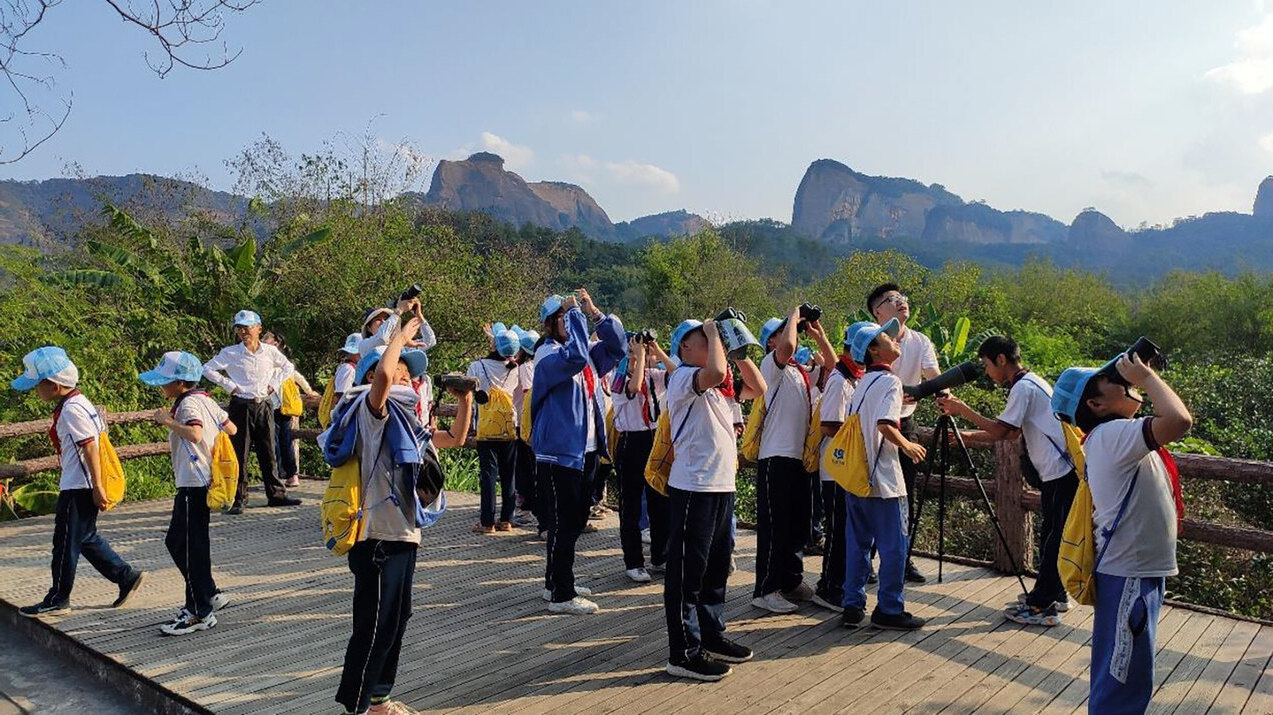
Educational tourism is a unique way to learn while traveling. It combines the excitement of exploring new places with the benefits of gaining knowledge. But what exactly makes it so special? Educational tourism involves visiting destinations specifically to learn about their culture, history, or environment. This type of travel can include activities like attending workshops, visiting museums, or even participating in local traditions. It's not just for students; anyone with a thirst for knowledge can enjoy it. Imagine walking through ancient ruins while learning about their significance or studying marine life while snorkeling in a coral reef. Educational tourism offers a deeper connection to the places you visit, making your travels more meaningful and enriching.
Key Takeaways:
- Educational tourism combines travel with learning, allowing people to explore new places while gaining knowledge. It can enhance critical thinking, promote cultural awareness, and boost self-confidence.
- Popular destinations for educational tourism include Greece, Japan, and Italy, offering rich learning opportunities in history, technology, art, and architecture. Different forms of educational tourism cater to various interests and goals.
What is Educational Tourism?
Educational tourism combines travel with learning. It allows people to explore new places while gaining knowledge. This type of tourism can be for students, teachers, or anyone interested in learning.
-
Educational tourism often includes visits to historical sites, museums, and cultural landmarks. These trips provide a deeper understanding of a region's history and culture.
-
Many universities and schools offer study abroad programs. These programs let students experience different educational systems and cultures firsthand.
-
Language immersion programs are a popular form of educational tourism. Participants travel to a country where a different language is spoken to improve their language skills.
Benefits of Educational Tourism
Educational tourism offers numerous advantages. It enriches the travel experience by adding an educational component.
-
Traveling for educational purposes can enhance critical thinking skills. Exposure to new ideas and perspectives encourages deeper analysis and understanding.
-
Educational tourism promotes cultural awareness and sensitivity. Interacting with people from different backgrounds fosters respect and appreciation for diversity.
-
These trips can also boost self-confidence. Navigating new environments and overcoming challenges builds independence and resilience.
Popular Destinations for Educational Tourism
Certain places are particularly well-suited for educational tourism. These destinations offer rich learning opportunities.
-
Greece is a top destination for history enthusiasts. Its ancient ruins and archaeological sites provide a glimpse into early civilizations.
-
Japan attracts those interested in technology and innovation. Visitors can explore cutting-edge advancements in robotics and electronics.
-
Italy is famous for its art and architecture. The country’s museums and historic buildings showcase masterpieces from the Renaissance and beyond.
Types of Educational Tourism
There are various forms of educational tourism, each catering to different interests and goals.
-
Eco-tourism focuses on environmental education. Travelers learn about conservation efforts and sustainable practices while exploring natural habitats.
-
Culinary tourism involves learning about food and cooking. Participants might take cooking classes or visit local markets to understand regional cuisines.
-
Volunteer tourism combines travel with community service. Volunteers work on projects like building schools or teaching English, gaining valuable skills and experiences.
Challenges in Educational Tourism
Despite its benefits, educational tourism faces certain challenges. These obstacles can impact the overall experience.
-
High costs can be a barrier for many people. Travel expenses, program fees, and other costs can add up quickly.
-
Language barriers can pose difficulties. Not speaking the local language can make communication and learning more challenging.
-
Safety concerns are also important. Travelers need to be aware of potential risks and take precautions to stay safe.
Future of Educational Tourism
The future of educational tourism looks promising. Advances in technology and changing travel trends are shaping this sector.
-
Virtual reality (VR) is revolutionizing educational tourism. VR allows people to explore distant places and historical events without leaving home.
-
Online courses and digital resources are making educational travel more accessible. People can prepare for their trips by learning about their destinations in advance.
-
Sustainable travel practices are becoming more popular. Educational tourists are increasingly seeking eco-friendly options that minimize their environmental impact.
The Power of Educational Tourism
Educational tourism offers more than just sightseeing. It provides students and travelers a chance to learn about different cultures, history, and languages firsthand. This type of travel can enhance classroom learning, making lessons come alive. By visiting historical sites, museums, and universities, individuals gain a deeper understanding of the world around them.
Moreover, educational tourism fosters personal growth. It encourages critical thinking, problem-solving, and adaptability. Travelers often return with a broader perspective and a newfound appreciation for diversity.
Whether you're a student, teacher, or lifelong learner, consider incorporating educational tourism into your travel plans. The experiences and knowledge gained can be invaluable, leaving a lasting impact on your personal and academic life.
Frequently Asked Questions
Was this page helpful?
Our commitment to delivering trustworthy and engaging content is at the heart of what we do. Each fact on our site is contributed by real users like you, bringing a wealth of diverse insights and information. To ensure the highest standards of accuracy and reliability, our dedicated editors meticulously review each submission. This process guarantees that the facts we share are not only fascinating but also credible. Trust in our commitment to quality and authenticity as you explore and learn with us.
